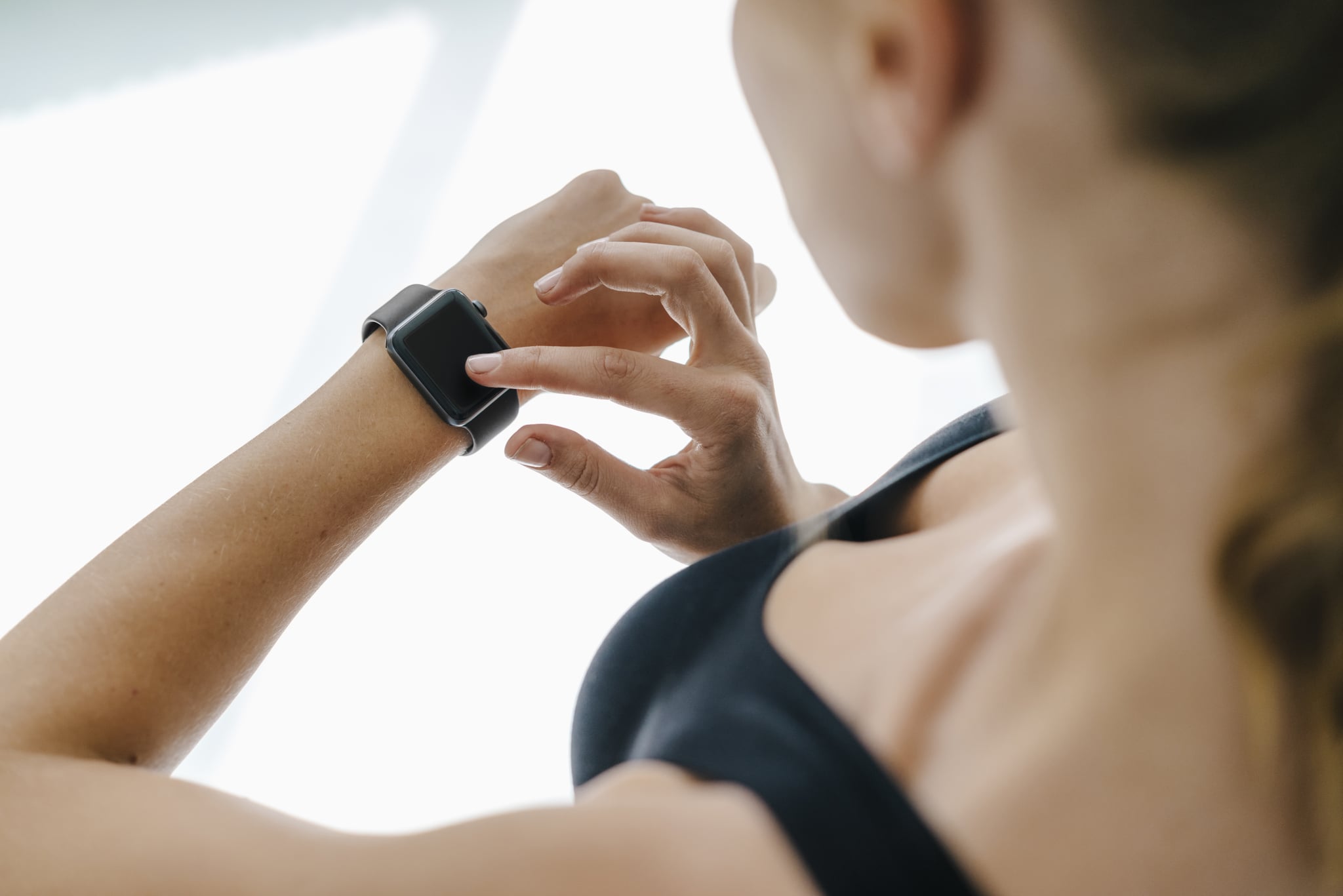
A lot of workouts focus on getting your heart rate up [1] and reaching your target heart rate [2] in order to burn fat, improve your endurance, and more. But what about when you're not working out? Your resting heart rate is an important indicator of your overall health and physical fitness. POPSUGAR spoke to two experts to get the lowdown on just how low your heart rate should go.
Why Is My Resting Heart Rate Important?
Your resting heart rate is just as it sounds: it's how fast your heart beats when you aren't doing anything. "It is the heart rate required to pump the minimal amount of blood your body needs because it is at rest," Nachiket Patel, MD, a board-certified interventional cardiologist in Arizona, told POPSUGAR.
Why does it matter? Your resting heart rate is an excellent way to gauge your cardiovascular health [3]. "A lower resting heart rate usually means better physical fitness," Dr. Patel explained. "Your heart muscle is more efficient and in better condition and does not have to work as hard to maintain adequate blood circulation throughout your body."
What Should My Resting Heart Rate Be?
While it varies from person to person, there is an average range. "For most people, the resting heart rate is between 60 and 100 beats per minute, but often, people that are more active have a lower resting heart rate," Megan Kamath, MD, a double board-certified cardiologist and assistant clinical professor of medicine at the David Geffen School of Medicine at UCLA [4], told POPSUGAR.
In general, lower is better, but Dr. Patel warned that how you feel is also important. A low resting heart rate coupled with dizziness, lightheadedness, fatigue, or shortness of breath may be a sign of an underlying issue that needs medical attention. On the other hand, if your resting heart rate is consistently high, he recommends you visit your doctor even if you feel fine.
Dr. Kamath and Dr. Patel explained that several factors can affect your resting heart rate, including age, caffeine, stress, anxiety, hormones, dehydration, infection, smoking, medications, and other medical conditions, like a history of heart disease, cholesterol, or diabetes. As always, talk to your doctor if your resting heart rate is out of the average range.
How Do I Find My Resting Heart Rate?
If you wear an activity tracker that monitors your heart rate, check it when you aren't doing anything. If you don't wear a tracker, don't worry. Finding your resting heart rate is super simple — just follow these steps from Dr. Kamath:
- Find your pulse by placing two fingers on the thumb side of your wrist between the bone and the tendon.
- When you feel your pulse, use a watch to count the number of beats in 15 seconds.
- Multiply this number by four to calculate your beats per minute.
And voila! You've got your resting heart rate. If you don't have a watch or clock with a second hand, you can use the stopwatch on your phone so you're not trying to count your pulse for a full minute. Dr. Patel recommends checking your resting heart rate in the morning, preferably after a good night's sleep and before any caffeine or stress sneaks into your system.